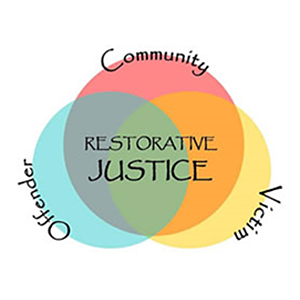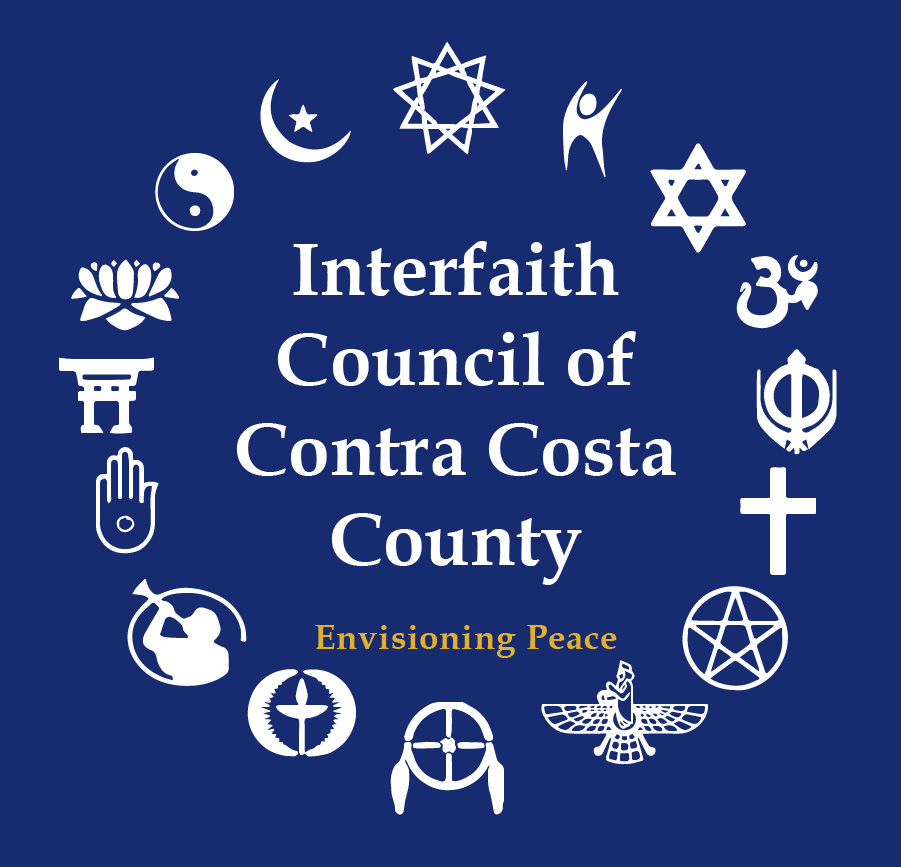

Restorative Justice In and Around Us
February 23, 2021 @ 7:00 pm - 8:30 pm
| Free Restorative Justice In and Around Us.
Restorative Justice In and Around Us.
Four Tuesday evenings beginning Feb. 23rd from 7:00 pm – 8:30 pm
When you see a harm committed or an injustice done, what is your “go-to” strategy? Punishing, isolating, or exacting retribution from those who have done wrong may feel appropriate but often does little to restore trust and rebuild community.
The practice of Restorative Justice begins with truth-telling and leads to restitution and reconciliation that respects the needs of those harmed, yet upholds the humanity of those who have caused harm. In both educational settings and in the criminal justice context, Restorative Justice practices can transform the trajectories of individuals and communities.
St. Anselm’s Episcopal Church, Lafayette, is hosting a 4-week series featuring speakers whose experiences and stories will illustrate how restorative justice practices can make a positive difference for individuals and communities. The series will be held in a Zoom format, Tuesday evenings from 7 to 8:30 p.m. on February 23, March 2, 9 and 16. The series is free and open to the public.
- February 23: Jodie Geddes, Healing Services Manager at Restorative Justice for Oakland Youth (RJOY), will describe how restorative approaches in schools can be an effective means of early intervention, repairing harm and preventing re-offending.
- March 2: Leonard Rubio, Executive Director of Insight Prison Project, will describe his organization’s Victim Offender Education Groups in which inmates engage in small group processes to examine the impact of their crimes on their victim, their victim’s family and themselves. Leonard’s message will be grounded in his own story as a formerly incarcerated man.
- March 9: Deacon John Storm, director of Restorative Justice Ministries for the Roman Catholic Diocese of Santa Rosa (and a former parole officer) will describe delivering pastoral care to all those harmed by crime in his community: victims and their families, offenders and their families, first responders and law enforcement personnel, and the public.
- March 16: A panel of speakers, followed by small group discussions, will focus on how individuals and communities can support restorative practices. The panel will include Rev. Liz Milner, director of chaplaincy services for Santa Clara County jail; Richard Olive, lay coordinator of Death Row ministry at San Quentin; and Mark Drevno, executive director of Jails to Jobs, a non-profit that helps formerly incarcerated people re-enter the workplace.
To be invited, email Cathy Witkay at cathy.w@stanselms.ws . For more information, contact Marian Mulkey, marianmulkey@comcast.net.

